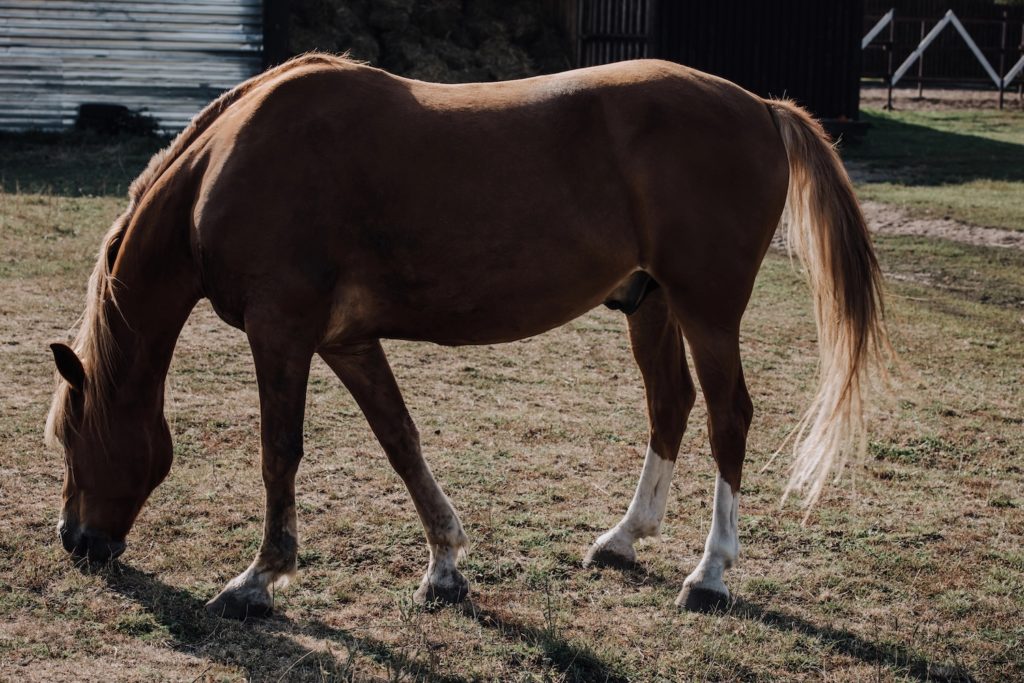For some of us, it is challenging to be a human being in the U.S. now. Elections are polarizing, and we rarely have time to understand the issues and solutions available. One thing is for sure, with the election over, whatever solutions the winning party puts into action will affect most voters. We cannot escape it.
The following are five different ways to keep perspective on the changes an election or a change in your business creates. You have choices: Accept and move on, accept for now and get better educated then take action, or stay upset. The goal is to take better care of ourselves and determine the best way to have a more positive impact on the world.
Continued outrage, guilt, or resignation exacerbates a problem
- Negative emotions are essential and crucial – you feel the pain (even righteous outrage) because you have a conscience.
- If you carry negative emotions all day, you infect every person you encounter and become part of the problem.
- Do what you can to avoid feeling guilty and worrying about the impact of global problems on ourselves, our families, and our friends.
- Avoid resignation or feeling there is nothing you can do.
Ask what I can do to be a part of the solution? Shift to the part of your brain that can do something.
Hating the hater empowers the hater
- Do not give the hater (or their followers) power that does not serve you or allow them to manipulate you into propagating hate. Set your boundaries and let your values guide your life. By doing so, you are not condoning their behavior.
- Be in ‘activate mode’ for calm, clear-headed, laser-focused action.
Use your thoughts to create strategies you can use to oppose the hater – what are their weaknesses and how can they be used for good?
Be proactive not reactive
- We are individually and collectively consumed by causes and situations that are pushed or pulled to us.
- Example: 500 children die in a bombing – we get consumed. Did you know that 6,000 children die daily from malnutrition and hunger?
- Do you go from one news cycle to another news cycle? Do you flip through your social media reading the latest and greatest news? Do you need to be that informed? Avoid being manipulated by the news cycle and be more proactive.
- Step back and focus on the deeper issues over which you can do something about.
- Spend 15 minutes a week looking at what happened in the world, giving you more time to serve the world and your loved ones.
Develop a plan to take better care of yourself, shield yourself, and preserve your energy for what you choose to do daily.
Be the change you wish to see in the world (Gandhi)
- Choose to accept, for now, until you find time to dive into the issue further. Is this your Number 1 issue? If not, then:
- Be a part of the solution. For example, it is human to be concerned for children of poverty. If this is not your Number 1 issue, then find ways to support children in poverty in your own way. Volunteer in a soup kitchen or stop wasting food in your home. Play a small role in a solution.
Demonstrate your vote daily through actions. Are you going to interject positivity or negativity into the world?
Trust the mystery that is unfolding, no one knows what will happen tomorrow.
- Accept that sometimes you exhibit self-sabotaging behavior and learn to manage it.
- Your mindset is a determining factor in seeing every circumstance or event as a gift and opportunity. (See the Stallion Story Parable below)
- As life’s mysteries unfold, your contribution is far greater than you realize. The work you’ve done might have inspired one person to greatness; you do not know your full impact.
- We are all connected in one way and your uniqueness binds us for the greater good.
How do I interject love and positivity into the world every day – use self-care and empathy to love yourself first and shift from negativity to positivity. Put the oxygen mask on yourself first. This is not selfish!
 Mystery of the Stallion Story: A Parable
Mystery of the Stallion Story: A Parable
An old farmer lives on his farm with his teenage son. He also has a beautiful stallion that he lovingly cares for.
The farmer enters his stallion into the annual country fair competition. His stallion wins first prize. The farmer’s neighbors gather to congratulate him on this great win. He calmly says, “Who knows what is good and what is bad?” Puzzled by this reaction, the neighbors go away.
The next week, some thieves who heard about the stallion’s increased value steal the horse. When the neighbors come to commiserate with the farmer, they find him again very calm. He says, “Who knows what is good and what is bad?”
Several days later, the spirited stallion escapes from the thieves and finds his way back to the farm, bringing with him a few wild mares he befriended along the way. To his neighbors’ excited rounds of congratulations, the old farmer once again says, “Who knows what is good and what is bad?”
A few weeks later, the farmer’s son is thrown off one of these new mares as he is trying to break it in, and his leg is fractured. As the neighbors gather to commiserate with the old farmer, he once again reminds them, “Who knows what is good and what is bad?”
The following week, the imperial army marches through the village, conscripting all eligible young men for the war that has just broken out. The old farmer’s son is spared due to his fractured leg. The neighbors no longer bother to come to the old farmer to congratulate him. By now they know what his response will be: “Who knows what is good and what is bad?”
Thoughts:
- We live in a world of variables versus absolutes, by being open-minded you have a better chance to see what’s coming your way.
- Be in awe of the mystery.
- Write the ending to the story.

 Mystery of the Stallion Story: A Parable
Mystery of the Stallion Story: A Parable